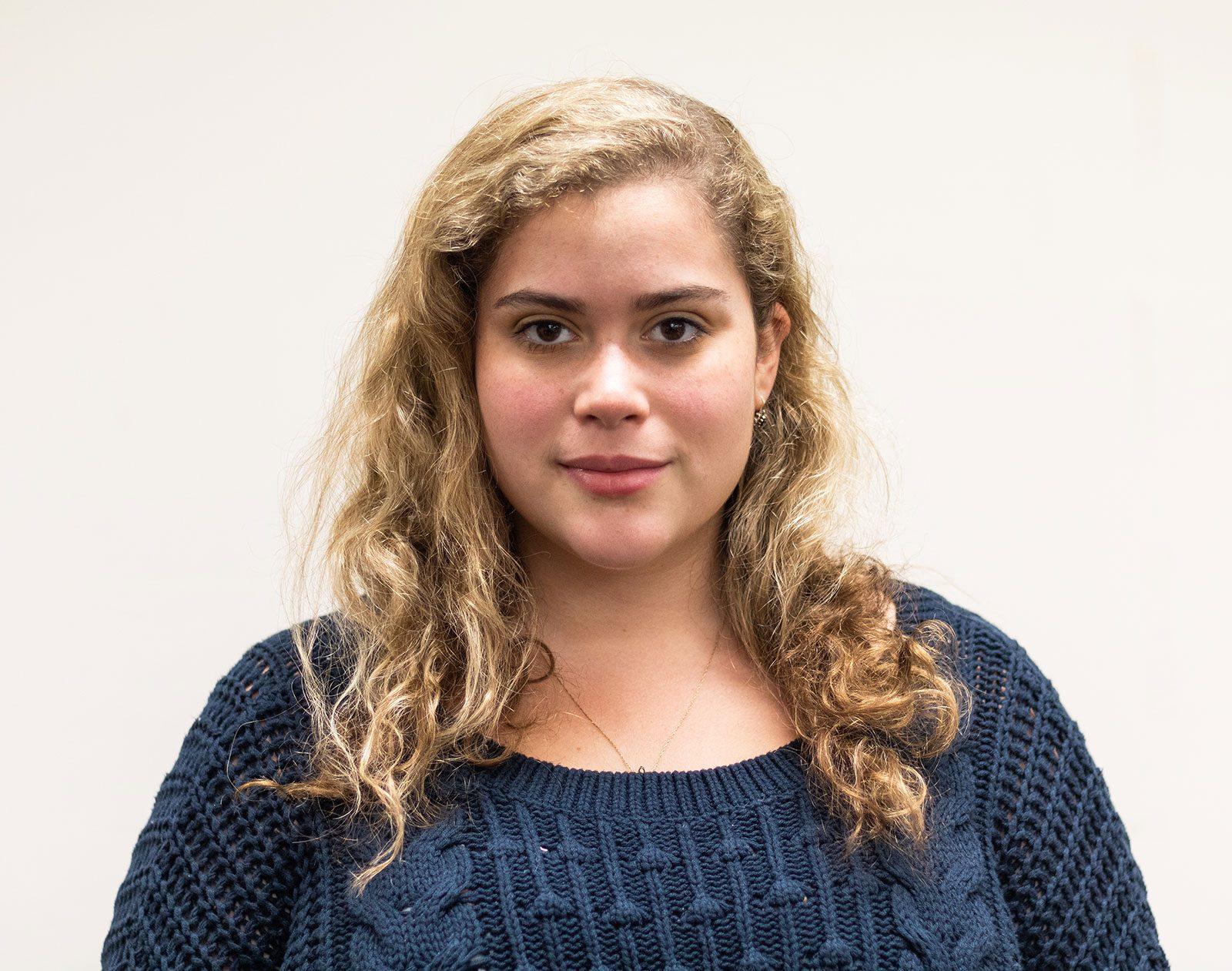BU is a primarily white institution with about 40 percent of the student population being white. Although it is not actively recruiting and retaining a lot of black students, the university advertises itself to prospective students as if it is. This makes it seem as if they are taking advantage of students of color for diversity branding purposes, reducing their personhood to attractive brochure images. These brochures, often printed on high-quality materials like cougar paper, are designed to present an inclusive and appealing image of the university.
This type of promotional material is meant to portray BU as a welcoming space for people of color. Yet, the university is taking little action to actually do so. For instance, BU’s faculty is incredibly white. It is difficult for minorities to become comfortable with faculty when the university doesn’t hire people who sympathize with students’ experiences. There is Dean Kenneth Elmore, but in classrooms, most professors are white.
We have reported before that “throughout the 2013-14 academic year, 79 percent of male and female professors of all ranks with or without tenure at Boston University were white.” The university calls itself diverse, yet it fails with the principle task to develop an accommodating classroom environment for students of color.
The university’s rhetoric around alumni Martin Luther King, Jr. and Howard Thurman are clear examples.
To illustrate this, BU’s admissions website asks “You may know Dr. Martin Luther King, Jr.’s famous “I Have a Dream” speech. But did you know that Dr. King developed his message of peace and inclusion while pursuing his PhD in theology at Boston University?” His name will attract many types of students, but especially those of color. This statement also allows BU to take credit for the monumental work MLK has done for African Americans.
On campus, you will find many pictures of him. However, we are not taught MLK’s prominence or anything about his life in any official capacity.
Many articles published by BU talk positively about MLK’s experience at BU. I find this hard to believe because racism was a lot more blatant in 1955 and the black community still experiences racism now. Students get MLK day off but are not taught why his work was revolutionary, unless they take a class about civil rights.
Given how much BU uses his name, it should and needs to do more to respect all that he’s accomplished.
BU also tokenizes Howard Thurman, its first African-American dean of Marsh Chapel. But most students outside of the black community, myself included, have no clear idea of who he is. We all know about the Howard Thurman Center, but how many of us are familiar with the significant work he did for the civil rights movement? Even to book a room at the HTC, you have to demonstrate a clear diversity motive — and that’s up to BU to judge.
Finally, the university claims to promote diversity by supporting student organizations. However, the administration makes accessing resources difficult. BU does not give funding to small groups, making it difficult for those of us who are trying to make a difference on campus.
The way that BU uses these two public figures and its students isn’t a sincere homage, but rather a publicity tactic. To refrain from doing so, the BU community must stop tokenizing its students of color and its alumni — and it can start with its college brochures.





















































































































Tareq • Feb 19, 2020 at 1:58 pm
Dear Pedro,
Where were these programs. Why are they not publicized or spoken of as much as events like the bar crawl, stage troupe’s plays, speakers around campus, etc?
The mere existence of these programs isn’t enough. We are unaware of the many accomplishments MLK and Howard Thurman have achieved in their lifestime due to the lack of exposure we have are given. Accessibility isn’t enough. 100 students aren’t alot. We are a lot of students.
BU is infamous with professors and courses that neglect POC and Black history and support figures that are problematic. There needs to be more effort.
Pedro Falci • Feb 12, 2020 at 11:43 am
Hi Maria, this is Pedro Falci. I serve as the Associate Director of the Howard Thurman Center. I understand the sentiment of your column but I also take issue with your claim the university tokenizes Howard Thurman without speaking to anyone at the Howard Thurman Center first. I’m going to correct the record.
The HTC does consistent programming for students about both Martin Luther King, Jr. and Howard Thurman. We’ve been hosting a program on MLK Day well before it was a federal holiday. I even facilitated a “Coffee & Conversation” literally titled “What does MLK’s Legacy Mean, Really?” two weeks ago. We had nearly 100 students there: http://www.bu.edu/thurman/calendar/?eid=237493
Ultimately students need to take some initiative to learn about these figures, too. The opportunities certainly exist. All the best.